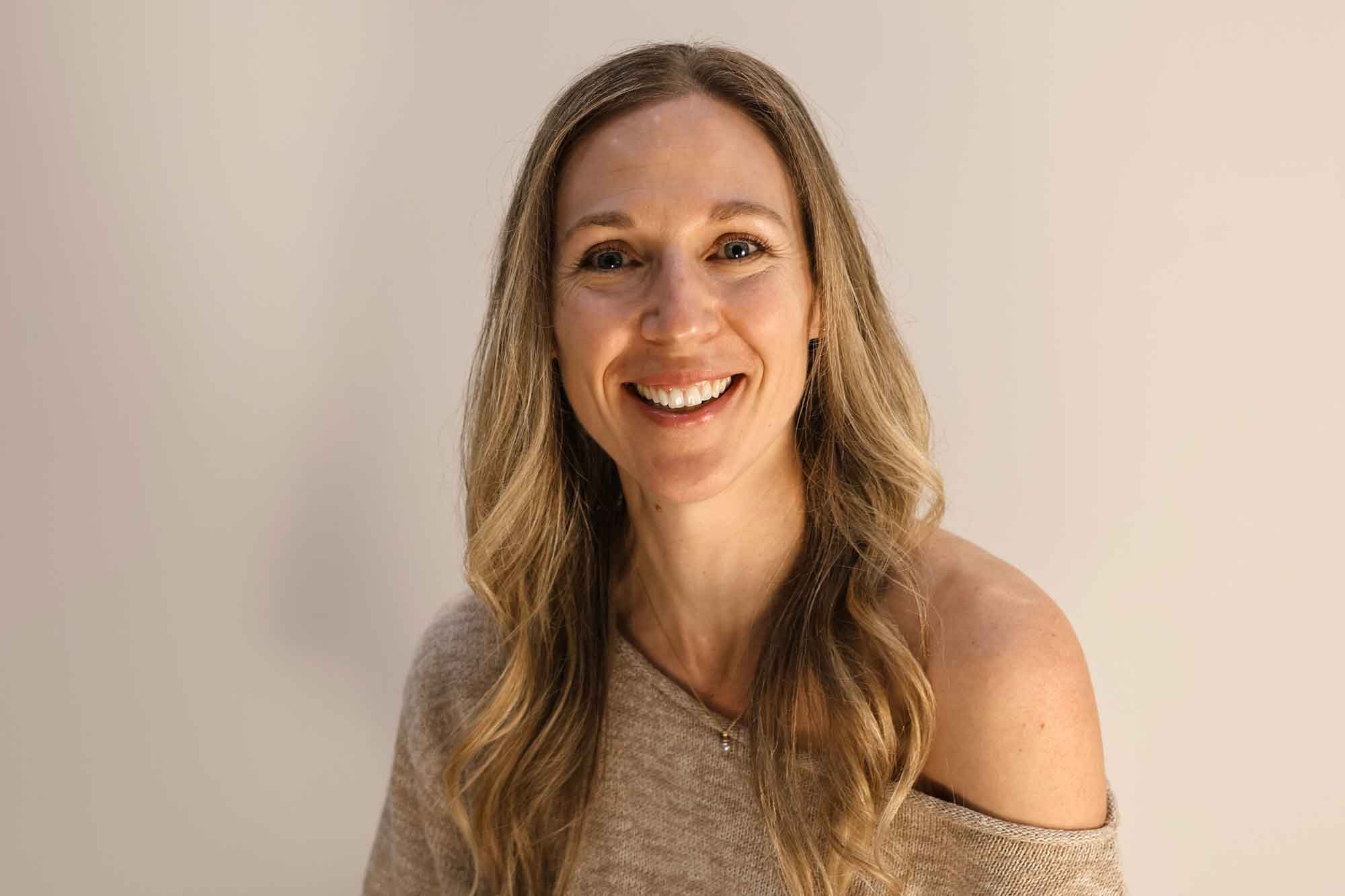With social media, pop ups on the internet and dieting pill claims and influencing Fad dieting, chances are 1/5 people reading this, have convinced themselves that those fad diets are the answer to becoming a healthy version of themselves or purely the answer to losing weight. What most people don’t know is that behind all of these claims lies a lucrative diet industry globally (worth over $192.2 billion (Himanshu, V, 2021), which ultimately leaves people with high levels of body dissatisfaction and an unhealthy relationship with food.
Because majority of diets are restrictive, it is also difficult to maintain or sustain the habits to succeed long term weight loss or maintenance with fad dieting. Our bodies love balance and will tend to slow down the metabolism and modify its signals of hunger and satiation during weight loss, resulting in the vast majority to regain the weight in the following months or years. This is referred to as the ‘set point theory’ (Muller, M, 2018). The set-point theory is related to homeostasis and having a predetermined weight or fat mass set-point range. Factors such as childbirth, menopause, aging, obesogenic environment, and diseases can change the set points throughout one’s life, so it’s likely you have more than one ‘set point’ in your life if you are a female .
With knowing this information, as a Nutritionist, I see that numbers that appear on a scale are not as impactful as we once thought they were in clinic. I’m sure a question everyone would be having is – how can we improve our health without a focus on weight number specifically? Let me reassure the readers, I am not against losing weight. But it is important that we learn to intuitively eat for our individual body and put more emphasis on lifestyle, as our overall health is impacted by both. Many studies indicate that by changing our lifestyle habits (stresses, movement, mindset), promotes greater improvement in our overall health, regardless of weight. Intuitive eating (Van Dyke, N 2014) promotes tuning into the body, aiding in improving quality of dietary choices, because of the increased awareness of physiological cues. This would result in individuals eating for health, rather than basing food choices and binge eating from emotional responses.
When embarking on a food and lifestyle journey to better your health/lose weight, it’s important to connect with a professional to ensure the style of eating is right for you. Because as we all know, there is not just 1 style of eating for all individuals. And tapping into your body cues, digestive symptoms, mental health, lifestyle changes/habits, may just be what you need, rather than counting the calories and cutting out carbs.
Breanne BHSC Nut Med.
References:
Himanshu, V, 2021 https://www.alliedmarketresearch.com/weight-loss-management-diet-market
Muller, M, 2018 https://www.ncbi.nlm.nih.gov/pmc/articles/PMC6039924/
Van Dyke, N, 2014, https://vuir.vu.edu.au/41655/1/review_article_relationships_between_intuitive_eating_and_health_indicators_literature_review.pdf




